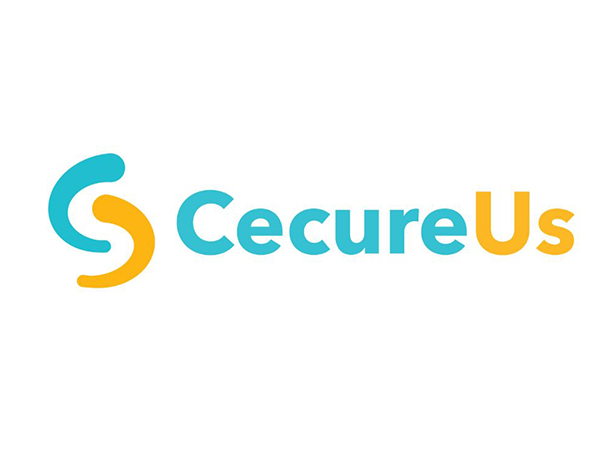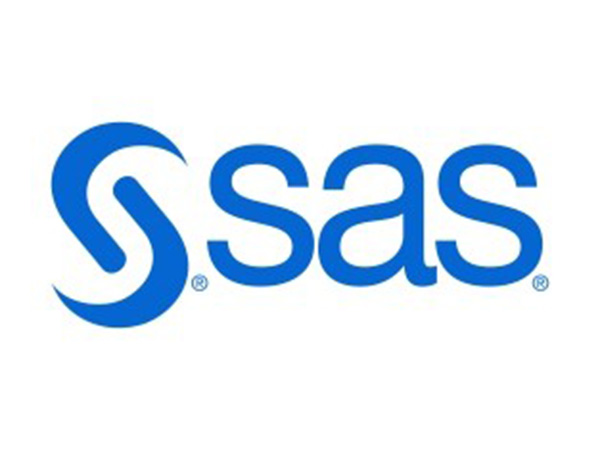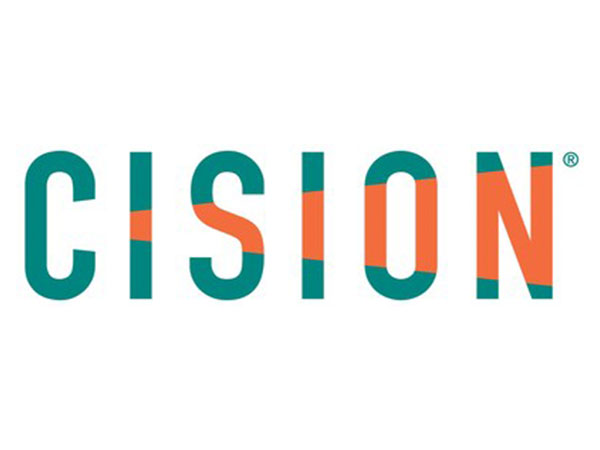CecureUs Posh Survey: An insight into Sexual Harassment Laws and their efficacy in organizations
Sep 28, 2022
New Delhi [India], September 28 (ANI/PNN): The POSH law, passed in 2013, mandates a set of policies and training methods in organizations to help deal with sexual harassment.
CecureUs, initiated an online/remote survey through multiple channels and assimilated over 1500 responses across various sectors and educational institutions throughout India.
The aim of this survey was to assess the practices and protocols of handling sexual harassment and their efficacy.
Here's a review of the survey.
PoSH survey - An overview
The survey was designed to have participation from diverse sectors in varied designations across levels.
- 57 per cent of the respondents were males.
- 42 per cent were females and
- 13 per cent of the respondents were from educational institutes and the remaining were from organizations across domains like IT and Communications, NGOs, Banking, etc.
Findings from the survey:
The survey revealed that
- 98 per cent felt that their firms were safe.
- 96 per cent across organizations are sensitized about the Posh laws.
- 90 per cent want the POSH law to be gender neutral.
However, there emerged some areas that had scope for improvement.
- 17 per cent of respondents had faced sexual harassment despite their organizations enforcing POSH protocols.
- Out of those who faced sexual harassment, 10 per cent were women, 6 per cent men and 1 per cent third gender.
And despite the constant reiteration to open up and report harassment incidents,
- 55 per cent were unaware of the alternate redressal mechanism outside the organization.
- 52 per cent of women face more sexual harassment in verbal, written, virtual, and physical forms compared to men.
- 48 per cent of the respondents indicated that they were not comfortable speaking up.
- 17 per cent of respondents felt there was a bias in recruiting/promoting women employees in their organization.
- 11 per cent did not trust the IC committee.
Raising further awareness and fixing the gaps
Creating more awareness of the POSH laws is imperative in order to break the stigma that surrounds victims of sexual harassment.
Some steps to achieve this are
- Allowing women to report incidents to any manager, not just their own.
- Maintaining and assuring confidentiality of victims, witnesses
- Offering safe spaces and anonymous forums within the organization for voicing out trauma related to harassment,
- Utilizing Employee Assistance Programs to help victims of sexual harassment
- Imposing penalties for perpetrators
Observations for Educational Institutes and Workplaces
- Sexual harassment remains a difficult conversation in developed organizations situated in metros leave alone two or three tier cities.
- Stories of harassment remain untold due to social stigma, embarrassment, and fear of further scrutiny by society, higher officials or even the harasser themselves.
- Victim blaming has further silenced women and given additional courage to perpetrators to continue their offenses.
Recommendations from CecureUs
Organizations can try to narrow the chasm between their intentions and reality are,
- Create more awareness of thePoSH laws and their intent to stringently follow through on imposition in workplaces.
- Invest in Employee Assistance programs and counselling services to help employees deal with their trauma and empower them to speak up.
- Mandate PoSH training through annual training sessions.
- Explore innovative training measures like gamified e-learning, theatre-based workshops, roadshows, surveys, employee's engagement activities.
- Create forums in which leaders can show their support towards making the organization a safe space.
- Invest in Unconscious Bias training to ensure processes of promotion, recruitment is fair, free from bias and gender diverse.
While creating a safe, neutral and fair workplace for all genders seems like a daunting task, consistent steps to create awareness, empowerment can help organizations realise this goal in a slow and sustainable manner.
Every conversation, mandate and endeavour in this regard takes us as a society, one stop closer to the goal of creating a world that is free from harassment, bias and discrimination.
This story has been provided by PNN. ANI will not be responsible in any way for the content in this article. (ANI/PNN)








